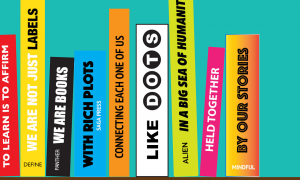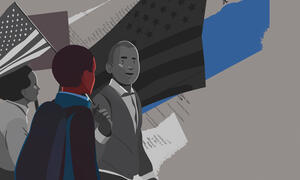lesson
Mary Church Terrell
In this lesson of the series, “Beyond Rosa Parks: Powerful Voices for Civil Rights and Social Justice,” students will read and analyze text from “The Progress of Colored Women,” a speech made by Mary Church Terrell in 1898. Terrell was the first president of the National Association of Colored Women (NACW), an organization that was formed in 1896 from the merger of several smaller women’s clubs, and was active during the period of Jim Crow segregation in the South.
May 11, 2012




